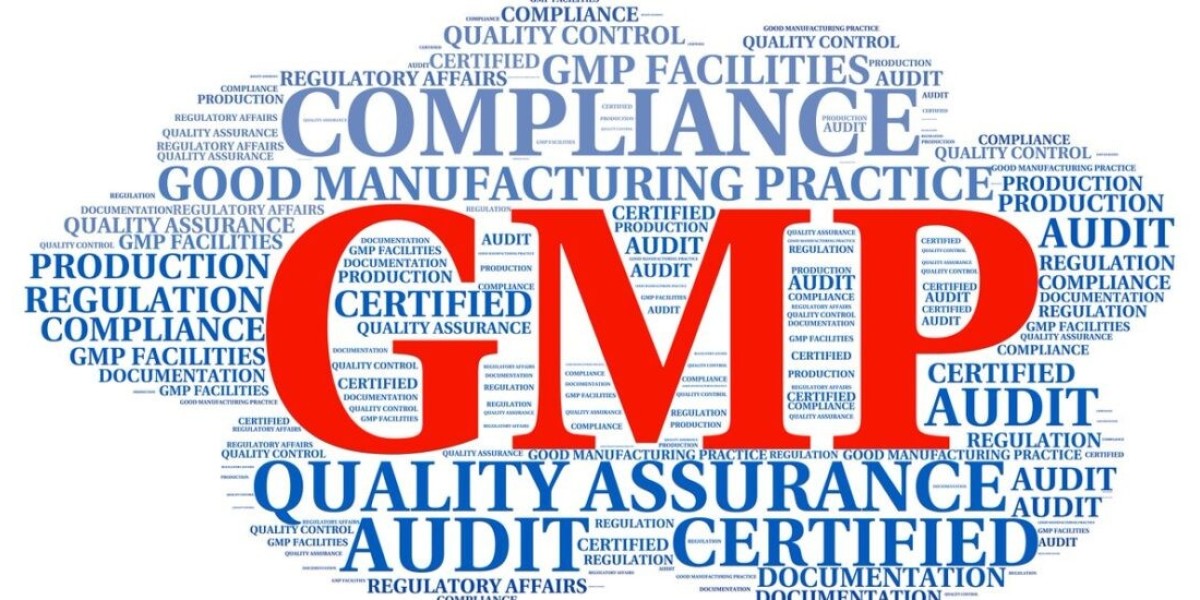What is GMP Certification?
Good Manufacturing Practice (GMP) certification is a globally recognized standard that ensures products are consistently produced and controlled according to quality standards. It applies to industries such as pharmaceuticals, food, and cosmetics, focusing on minimizing risks involved in production. GMP certification assures that manufacturing processes meet stringent guidelines for safety, efficacy, and quality.
Importance of GMP Certification
GMP certification is essential for maintaining product integrity and protecting public health. By adhering to GMP standards, manufacturers reduce the risk of contamination, mix-ups, and errors in production. This certification helps build consumer trust, enhances brand reputation, and ensures compliance with national and international regulations, which is critical for businesses expanding into global markets.
Key Requirements for GMP Compliance
GMP guidelines cover several areas, including hygiene, record-keeping, personnel qualifications, and process validation. Manufacturers must ensure cleanliness in facilities, proper handling and storage of materials, and thorough documentation. Training staff, establishing controlled processes, and conducting regular inspections are crucial for compliance. GMP also emphasizes strict control over quality management and equipment maintenance.
GMP Certification Process
The GMP certification process involves multiple steps, starting with a gap analysis to identify areas needing improvement. Next, manufacturers implement GMP standards, training staff and upgrading facilities as necessary. After preparation, an accredited third-party auditor conducts an inspection to assess compliance. Successful audits result in GMP certification, with periodic audits to maintain certification status.
Benefits of GMP Certification
GMP certification offers numerous benefits, including improved product quality, enhanced operational efficiency, and increased market access. It reduces the risk of product recalls, protects consumers from potential hazards, and aligns with regulatory requirements. Additionally, certified companies gain a competitive edge, as GMP certification is often required by retailers and partners in regulated industries.
Challenges in GMP Implementation
Implementing GMP standards can be challenging, particularly for small businesses with limited resources. Meeting strict guidelines may require significant investment in infrastructure, staff training, and process upgrades. However, the long-term benefits, including reduced risk of non-compliance and improved product reputation, often outweigh the initial costs.
Conclusion
GMP certification is a vital component in the production of safe and high-quality products. By adhering to GMP guidelines, manufacturers demonstrate their commitment to quality, consumer safety, and regulatory compliance. For industries where quality is paramount, GMP certification not only enhances operational standards but also solidifies trust in the brand, making it a worthwhile investment for sustainable growth.


